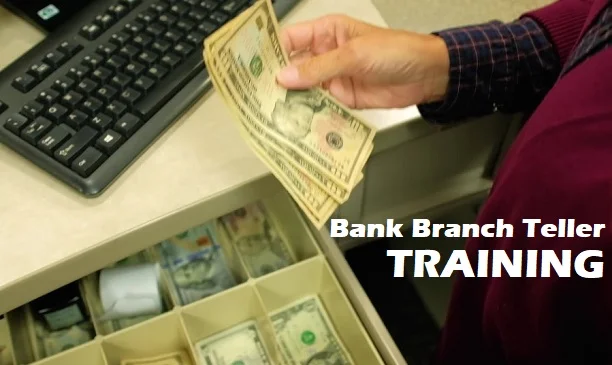This course deals with the day to day functions in a bank carried out by the tellers. It explains the basic role of a teller and tells about checks and check handling. Further it details about various transaction processing in a bank and handling of cash by the tellers in the bank during a day. The course also covers cash balancing process by the banks and provides an overview of various bank services. How banks keep security and how do they do customer service is also discussed. This course also deals with the marketing that the bank adopts for its services. Lastly, the course deals with the current form of banking, i.e., electronic banking and provides guidelines for ‘know your customers’ to the banks.
Role of the Teller
- Define the term ‘Bank’ and explain the functions of a bank
- Explain how banks make money
- List the teller’s main areas of responsibility
- Identify the knowledge and skills required for tellers
- Explain the basic teller principles
Checks and Check Handling- Part 1
- Define check
- Identify the different components of a check
- Determine if a check is negotiable and acceptable
- List the types of checks
Checks and Check Handling- Part 2
- Recognize warning signs that may indicate forged or altered checks
- Describe endorsements
- List the types of endorsements
- Identify forged endorsements
- Recognize acceptable forms of identification of customers and their signatures
- Explain check cashing and list teller guidelines for check cashing
Processing Transactions – Part 1
- List the types of bank accounts
- Process the basic checking account transactions
- Explain the regulation that governs the checking account transactions
- Process deposits to the savings account
- Process withdrawal forms for the savings account
- Explain how teller’s work affects other areas of the bank
- Explain ‘Check 21’
Processing Transactions – Part 2
- Understand the basic ideas and methodology for documenting currency transaction report (CTR) and suspicious activity report (SAR)
- Understand the security aspects to be considered while opening a new account, handling split deposits,and check kiting
- Know the regulations that affect transaction processing
Handling Cash
- Explain different cash compartments and their uses
- Know the importance of cash counting and how to count cash efficiently
- Recognize unfit, altered, mutilated, and counterfeit currency
Cash Balancing
- Calculate basic cash balancing figures
- Identify credits and debits
- Explain the opening and closing procedure in a bank
Overview of Bank Services
- Spot various types of negotiable instruments
- Describe the issuance of U.S. savings bonds
- Recognize the procedures of loan payment and bankcard transaction processing
- Know the person responsible for foreign currency and drafts in your bank
Bank Security
- Demonstrate appropriate behavior before, during, and after a robbery
- Respond to bomb and kidnapping threats safely
- Recognize potential con artist behavior
- Demonstrate safe daily routines
- Practice ethical behavior as a teller
Customer Service
- Know and respond to the various expectations that the customers bring to the bank
- Exhibit effective communication skills
- Handle difficult customers professionally
- Utilize the information about your bank’s specific products and services to help the customers
Marketing of Bank Services
- Explain the meaning of services
- List the differences between products and services
- List the characteristics of services
- Explain bank marketing
- Apply the marketing principles to banks
Electronic Banking
- Understand the importance and different aspects of electronic banking
- Explain the use of automated teller machines (ATMs) in accomplishing the banking needs of the customers
- Understand the importance of telephone banking as a part of e-banking
- Explain how internet banking and mobile banking will be useful to the customers for banking needs
- Understand the use of electronic fund transfer (EFT)
Know Your Customer Guidelines
- Understand what is KYC
- Understand the goals and importance of KYC procedures or guidelines for banks and financial institutions
- Know the important features of KYC
- Know the process of customer identification,verification,and reviews with regard to KYC

